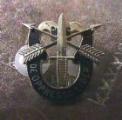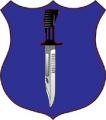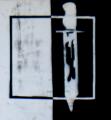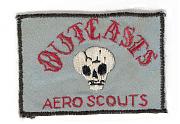"Operational Art is the art of winning wars as opposed to battles."
I like that. This is a topic in general that I find more amusing than particularly helpful. When I worked at a 2-star HQ embedded in a 4-Star HQ, the guys down the hall all thought they were "strategists" because their boss wore 4-stars.
Reminds me of when I was an LT, and a lot of Infantry peers thought they were tough because they were infantry, and a lot of artillery peers thought they were smart because they were artillery.
I guess bottom line on that is that I figure the man makes the badge, and not the other way around, but many don't have much but the badge, so they cling to that.
"Strategy" has lay and professional definitions; and both are employed within the military ("What is your strategy for writing a strategy for operations in Afghanistan"?) You just have to shrug it off and not get too wrapped up over the "WTF" factor of such a comment.
But tactics do get to the matter at hand, and are requred at all levels. I like the warfighting/winning construct for operational art; and for me, Strategy is the larger understanding of the dynamics at work with in which all of this takes place, with a corresponding framework based on that understanding, that allows one to have a sense of if their operational art is apt to take them anyplace they want to go in a manner that they actually want to arrive there; and also to guage if the tactics employed posesses any unintended effects that may well be very detrimental as well.
Personally, and this is me, I spend a lot of time on the "understanding" part of strategy. I think its important, but too often it gets a quick brush, as there are always more urgent matters to attend to.












 well he delivered his tactically weak stuff where it has strategically useful, by virtue of "Operations." Operations are vital - but that does not make an "operational level of war."
well he delivered his tactically weak stuff where it has strategically useful, by virtue of "Operations." Operations are vital - but that does not make an "operational level of war."
 ). I understand, wholly, the confusion around the Operational level of war; even my lecturers had trouble defining this one. Personally, I prefer Svechin's definition because of its pragmatic rather than dogmatic/doctrinal bent;
). I understand, wholly, the confusion around the Operational level of war; even my lecturers had trouble defining this one. Personally, I prefer Svechin's definition because of its pragmatic rather than dogmatic/doctrinal bent;



Bookmarks